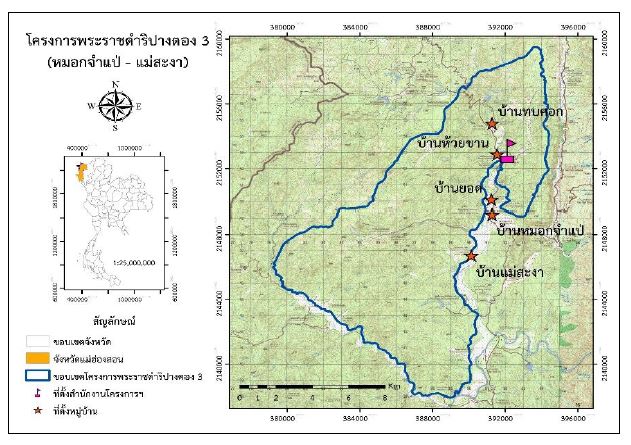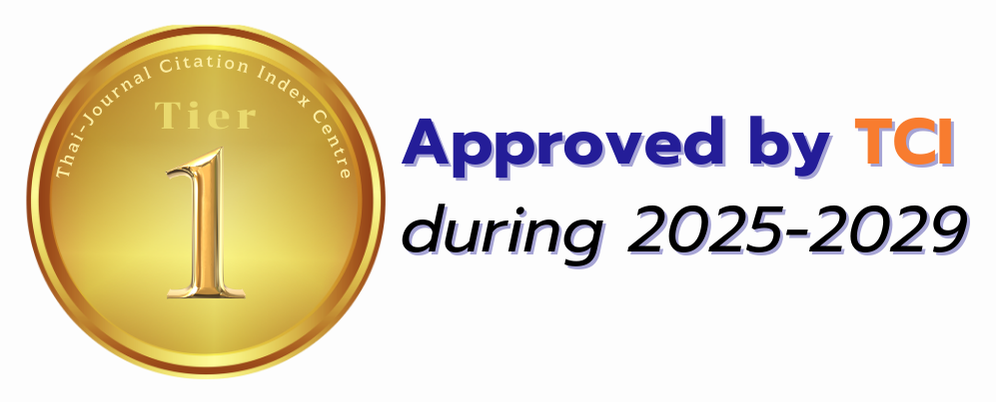People s Participation and Knowledge in Forest Fire Control at Pang Tong 3 (Mok Cham pae - Mae Sa Nga) Royal Project, Mae Hong Son Province
Keywords:
people participation, knowledge management, forest fire controlAbstract
The objectives of this study were to 1) investigate area condition, demographic data, and social and economic characteristics, 2) study levels of people participation in forest fire control, and 3) study knowledge on forest fire and factors affecting people participation in forest fire control at Pang Tong 3 Royal Project (Mok Cham Pae ? Mae Sa Nga), Mae Hong Son Province. Data in this quantitative research was collected by using questionnaire. The samples were 400 households. The obtained data were analyzed by using descriptive statistics. The findings revealed that most of the Royal Project?s area was designated conservation forest whereas some area was designated national reserved forest. The hotspot monitoring showed that there were many hotspots from Suomi NPP satellites, VIIRS system detected within conservation forest area. Regarding demographic data, it was found that most of samples were male, aged between 46-55 years, their education was primary school level. Most of the respondents? career was general labor with an average income between 3,001-5,000 baht per month. Their periods of settlement in the community was over 20 years. They received forest fire protection information from their community leader. Their knowledge on forest fire was at a high level, but their participation in forest fire control was at a medium level. Moreover, the study revealed that different ages, educational levels, main occupations, minor occupations, monthly incomes, and periods of settlement had significantly affected on different levels of participation in forest fire control. However, different genders and receiving forest fire protection information did not affect people participation in forest fire control. It was also found that knowledge on forest fire did not correlated with people participation in forest fire control with the statistically significance level at P < 0.05.
Downloads



.png)





